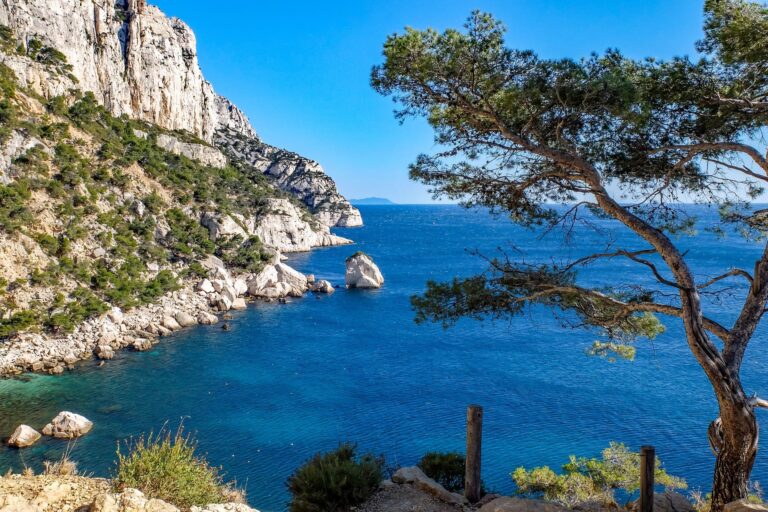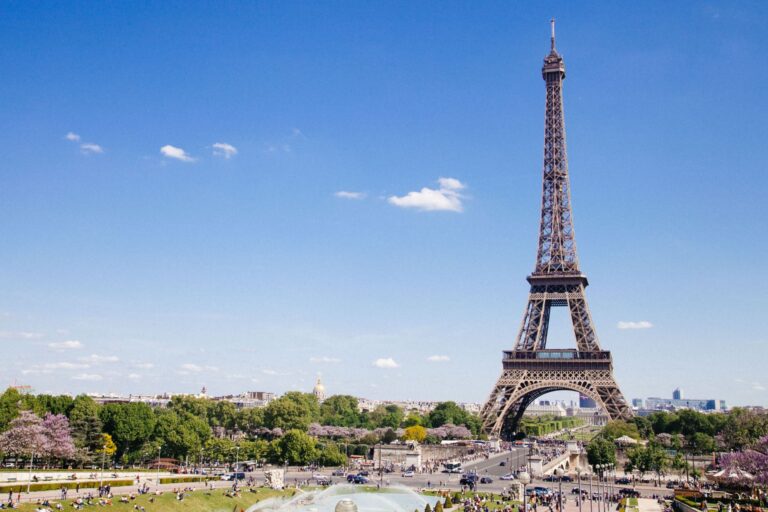Cannabis Tourism in Europe: A Comparative Analysis
From Amsterdam's famed coffee shops to Spain's private cannabis clubs, the landscape of marijuana usage in Europe is as diverse as the continent itself. In this article, we delve into the varying attitudes, legislation, and accessibility of cannabis across several European nations, presenting a comprehensive guide for the discerning tourist with an interest in marijuana culture.
The Cannabis Landscape in Europe
The legal status of marijuana in Europe varies significantly from country to country. While some nations have embraced legalization or decriminalization, others maintain stricter regulations. Attitudes also differ widely, with public opinion on cannabis use ranging from everyday acceptance to staunch opposition. As a tourist, these variations can impact your travel experience, making it essential to understand the cannabis climate of your chosen destination.
Country-by-Country Analysis
The Netherlands
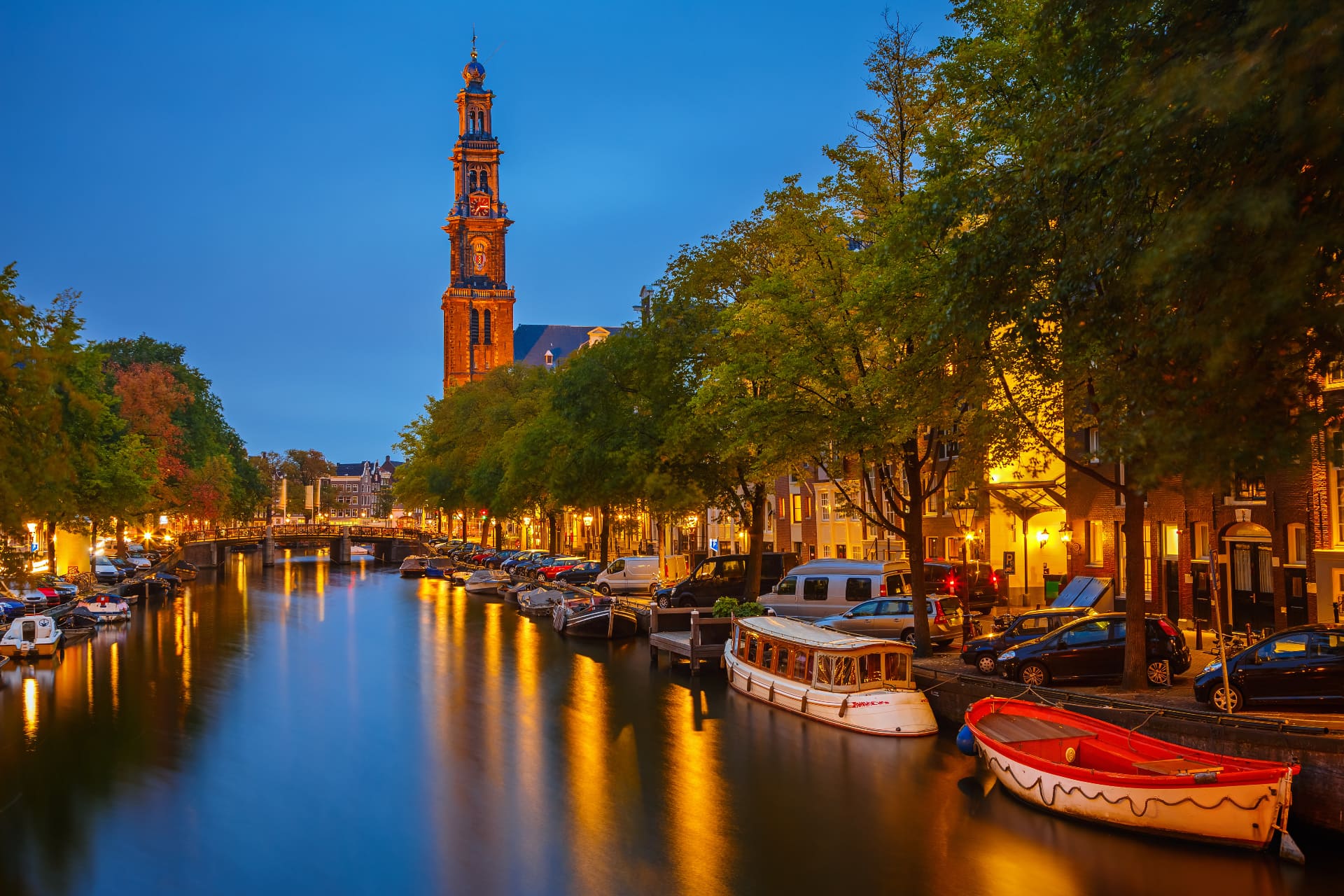
Known worldwide for its liberal drug policies, the Netherlands, specifically Amsterdam, tolerates the sale of cannabis in licensed coffee shops. Possession of up to 5 grams for personal use is decriminalized. However, public smoking is frowned upon, and tourists are advised to confine their usage to the coffee shops.
Portugal
Portugal decriminalized all drugs in 2001, including marijuana. While this doesn't mean it's legal (you can't buy or sell it), it does mean you won't face criminal charges for small amounts. Portugal's approach is health-centered, focusing on treatment and prevention over punishment.
Spain
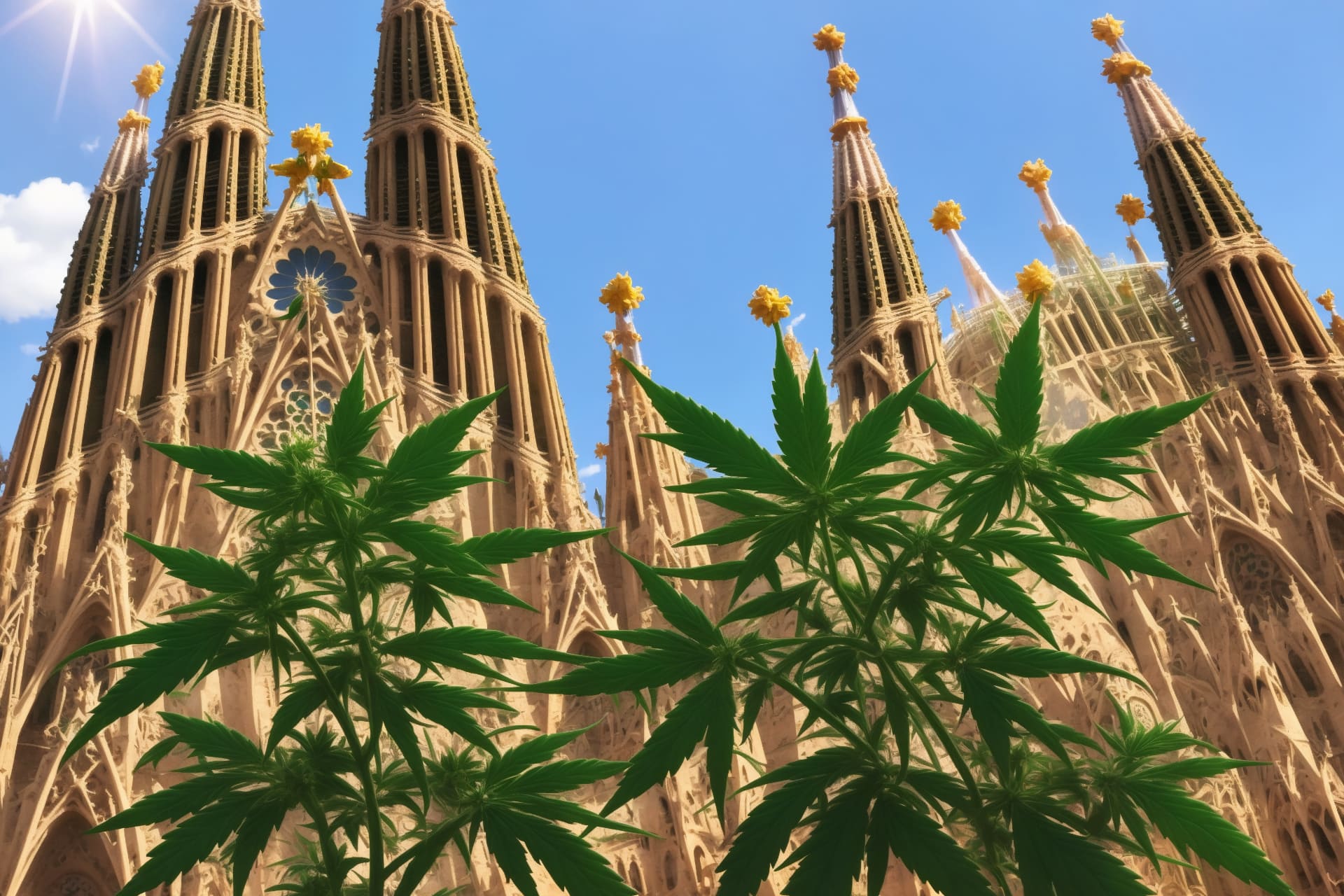
Spain occupies a unique position with its system of cannabis social clubs, where private members can grow and share marijuana. While this isn't officially 'legal' (the clubs exist in a legal grey area), it does provide an avenue for cannabis use. Note that it's illegal to consume cannabis in public places, and most clubs require membership in advance.
Switzerland
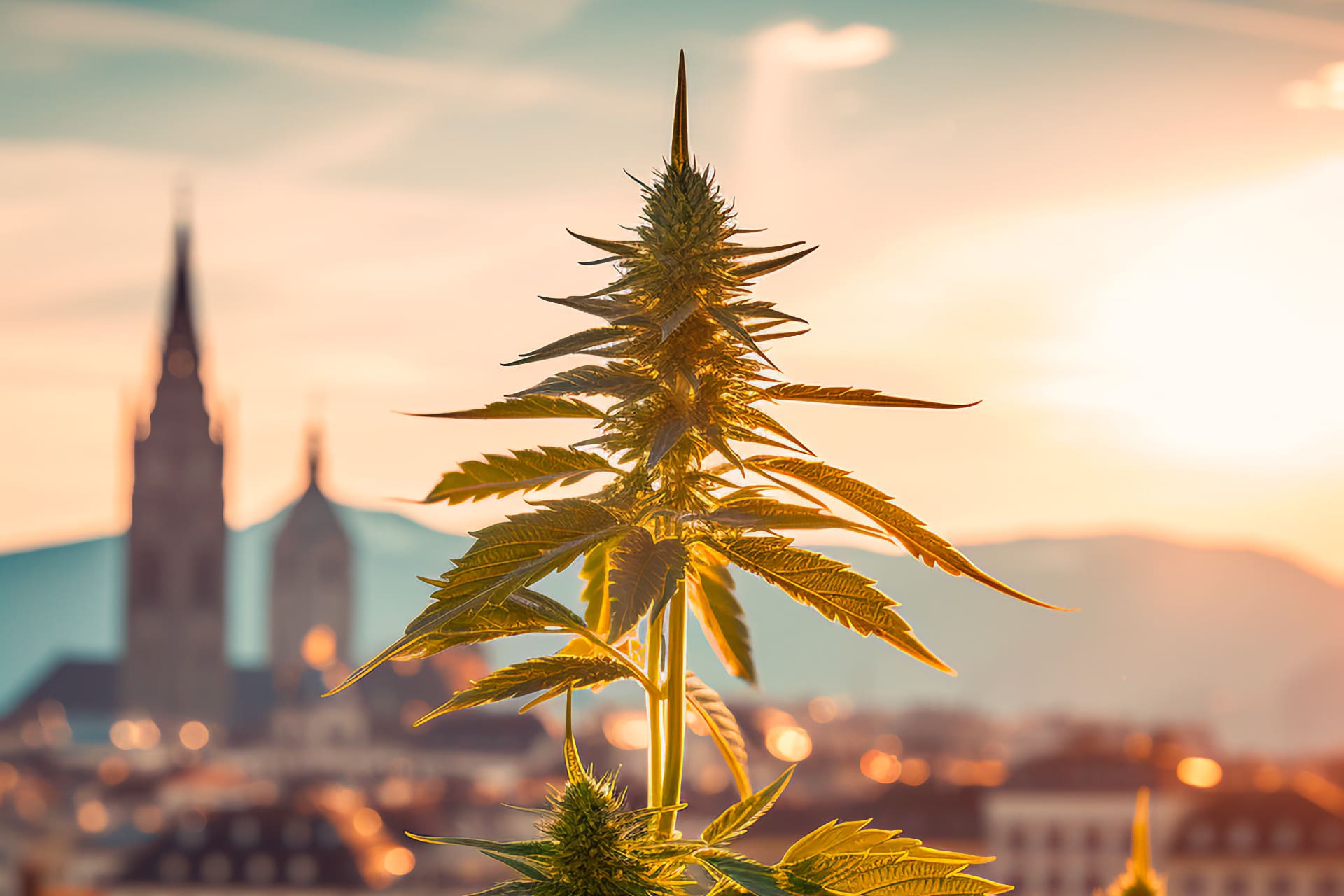
In Switzerland, cannabis containing up to 1% THC (known as 'Cannabis Light') is legal and can be purchased by adults. This product doesn't get you high in the traditional sense, but it's becoming popular for its purported relaxation and health benefits.
Czech Republic
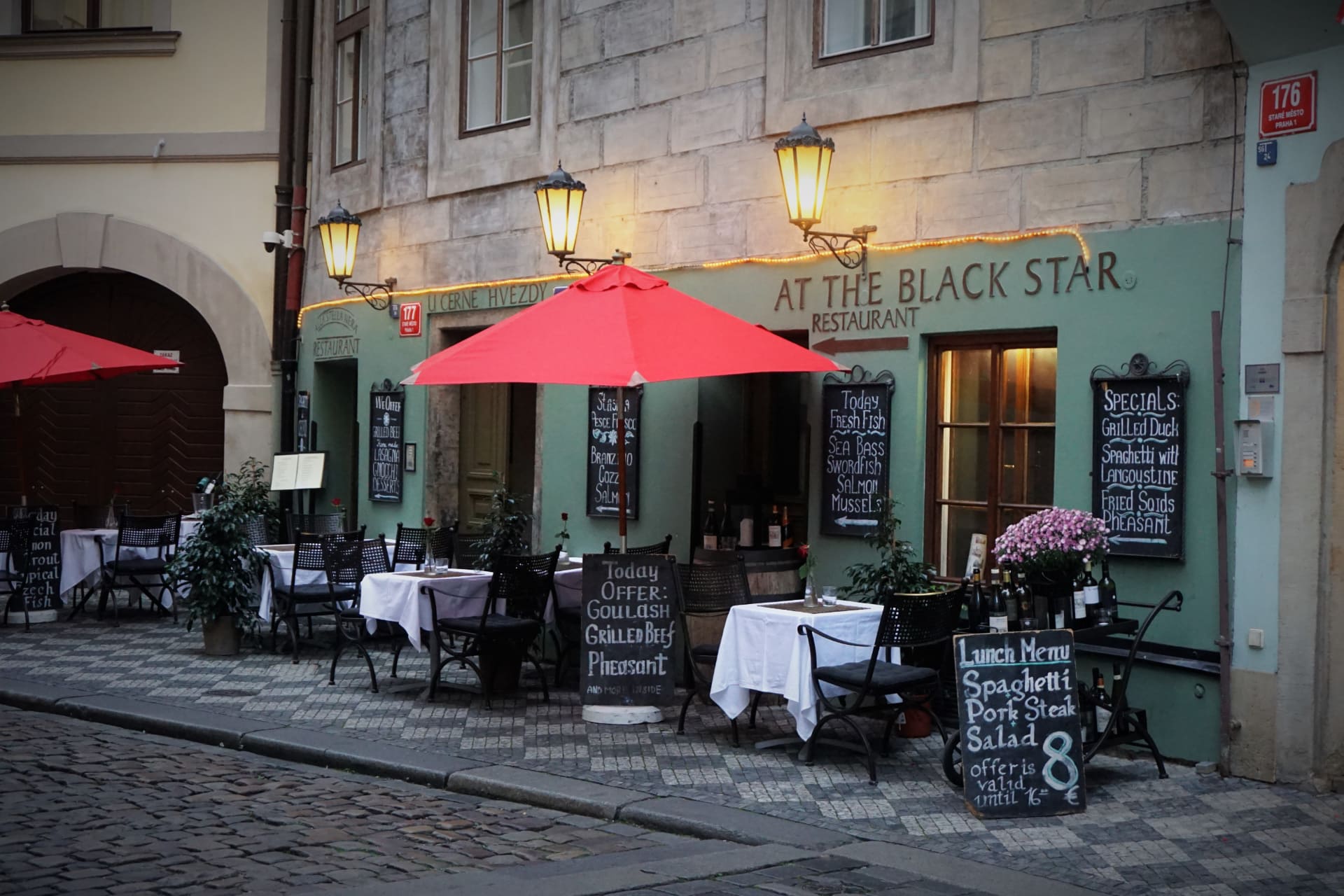
While marijuana is technically illegal in the Czech Republic, possession of small amounts is decriminalized. Prague is known for its more relaxed attitude towards cannabis use compared to other European cities.
Germany
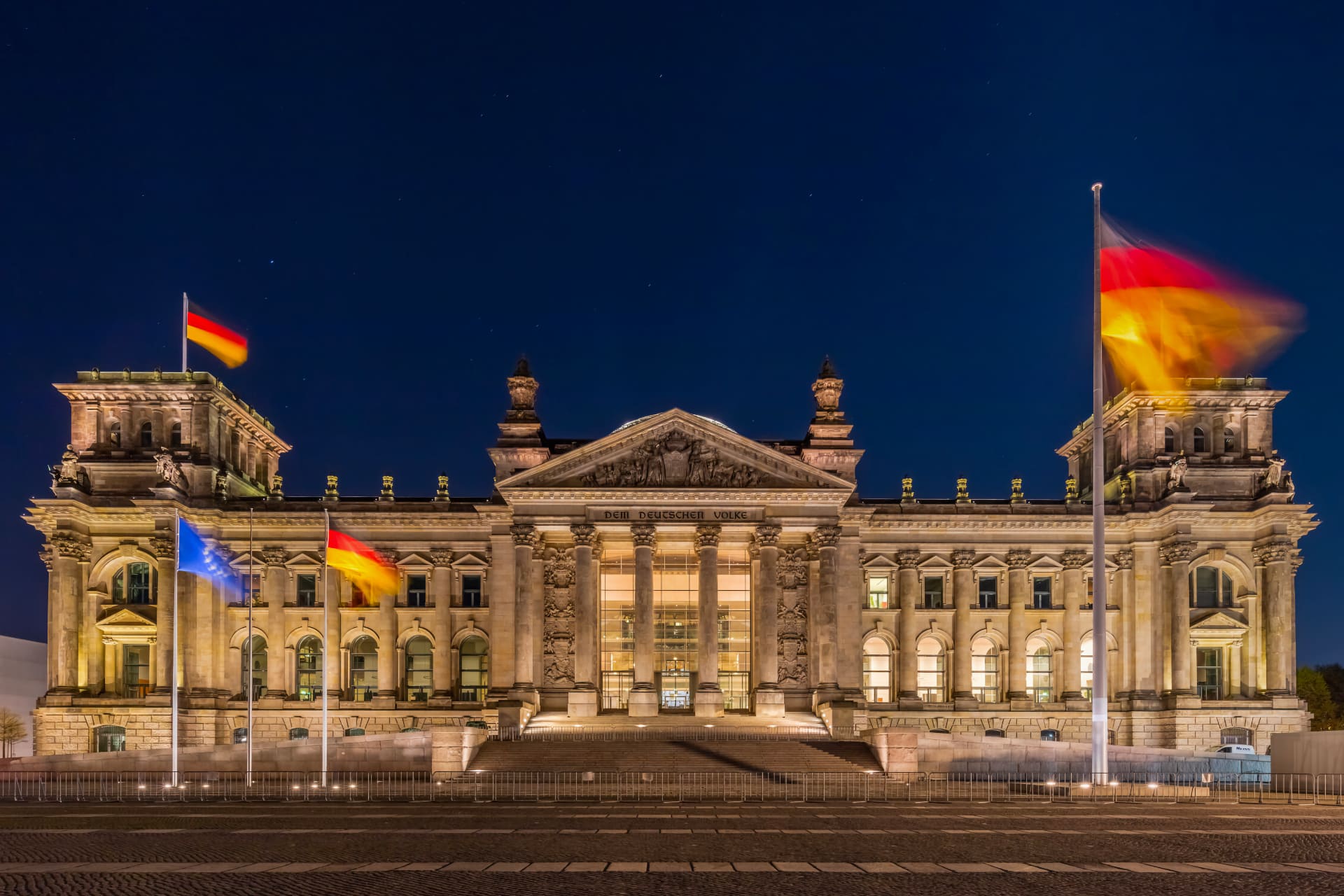
In Germany, marijuana is legal for medical use but remains illegal for recreational use. Possession of small amounts can sometimes be overlooked, but this varies greatly by region and it's generally not worth the risk.
Table: Cannabis Laws and Attitudes Across Europe
| Country | Legal Status | Public Attitude | Tourist Accessibility |
|---|---|---|---|
| Netherlands | Tolerated in Coffee Shops | Accepting | High |
| Portugal | Decriminalized | Accepting | Moderate |
| Spain | Legal in Private Clubs | Tolerant | High |
| Switzerland | Legal up to 1% THC | Accepting | Moderate |
| Czech Republic | Decriminalized | Tolerant | Low |
| Germany | Medical Use Legal | Mixed | Low |
Effects on Tourism
The varying cannabis laws and attitudes significantly affect tourism across Europe. For instance, Amsterdam's renowned coffee shop culture has attracted countless tourists over the years, contributing substantially to its thriving tourism industry. Similarly, Spain's cannabis social clubs have drawn many visitors, while Portugal's progressive drug policies have set it apart as a destination.
However, the effects aren't uniformly positive. The influx of 'cannabis tourists' in some areas has led to local backlash, with some Amsterdam residents calling for restrictions on coffee shops to reduce overcrowding and nuisance.
Future of Cannabis Tourism in Europe
While it's challenging to predict with certainty, trends indicate a slow but steady shift towards more liberal cannabis laws in Europe, potentially opening up new opportunities for cannabis tourism. For instance, Luxembourg is set to become the first European country to fully legalize marijuana, which could stimulate a new wave of tourism.
Yet, this also raises questions about sustainable and responsible tourism. How can these destinations cater to cannabis tourists without disrupting local life? How can tourism revenue be balanced with residents' quality of life? These are questions that policymakers will need to address in the coming years.
Conclusion
Cannabis laws in Europe offer a fascinating snapshot of the continent's diversity - a mosaic of attitudes and approaches that mirror the cultural, historical, and political differences between its nations. As a tourist, understanding these nuances can enrich your travel experience, allowing you to engage more fully with the places you visit. As the cannabis landscape continues to evolve, it promises new experiences, destinations, and conversations for travelers to explore.
Frequently Asked Questions
1. In which European countries can tourists legally use marijuana? Tourists can legally use marijuana in the Netherlands (in licensed coffee shops), Spain (in private cannabis clubs), and Switzerland (low THC cannabis). Portugal has decriminalized all drugs, including marijuana.
2. How does the legality of marijuana affect tourism in Europe? The legality of marijuana can be a significant draw for tourists, as seen with the popularity of Amsterdam's coffee shops and Spain's cannabis clubs. However, it can also lead to challenges, such as overcrowding and local backlash.
3. What are the potential consequences for tourists caught using marijuana in countries where it is illegal? This varies by country, but penalties can range from fines to imprisonment. In some places, even small amounts of marijuana can lead to serious consequences.
4. Can medical marijuana patients from other countries legally use marijuana in Europe? In some countries, like Germany, medical marijuana is legal. However, this doesn't necessarily mean foreign prescriptions will be recognized. Travelers should check the specific laws of the country they're visiting.
5. What are cannabis social clubs in Spain, and can tourists join them? Cannabis social clubs in Spain are private establishments where members can grow and share marijuana. While they exist in a legal gray area, tourists can potentially join, but many clubs require an existing member to vouch for new members, and some require residency in Spain.
6. What does it mean that marijuana is 'decriminalized' in certain European countries? When marijuana is decriminalized, it means that while it's technically illegal, penalties for personal use are generally light and may not result in a criminal record. Portugal and the Czech Republic are examples of European countries where marijuana is decriminalized.


